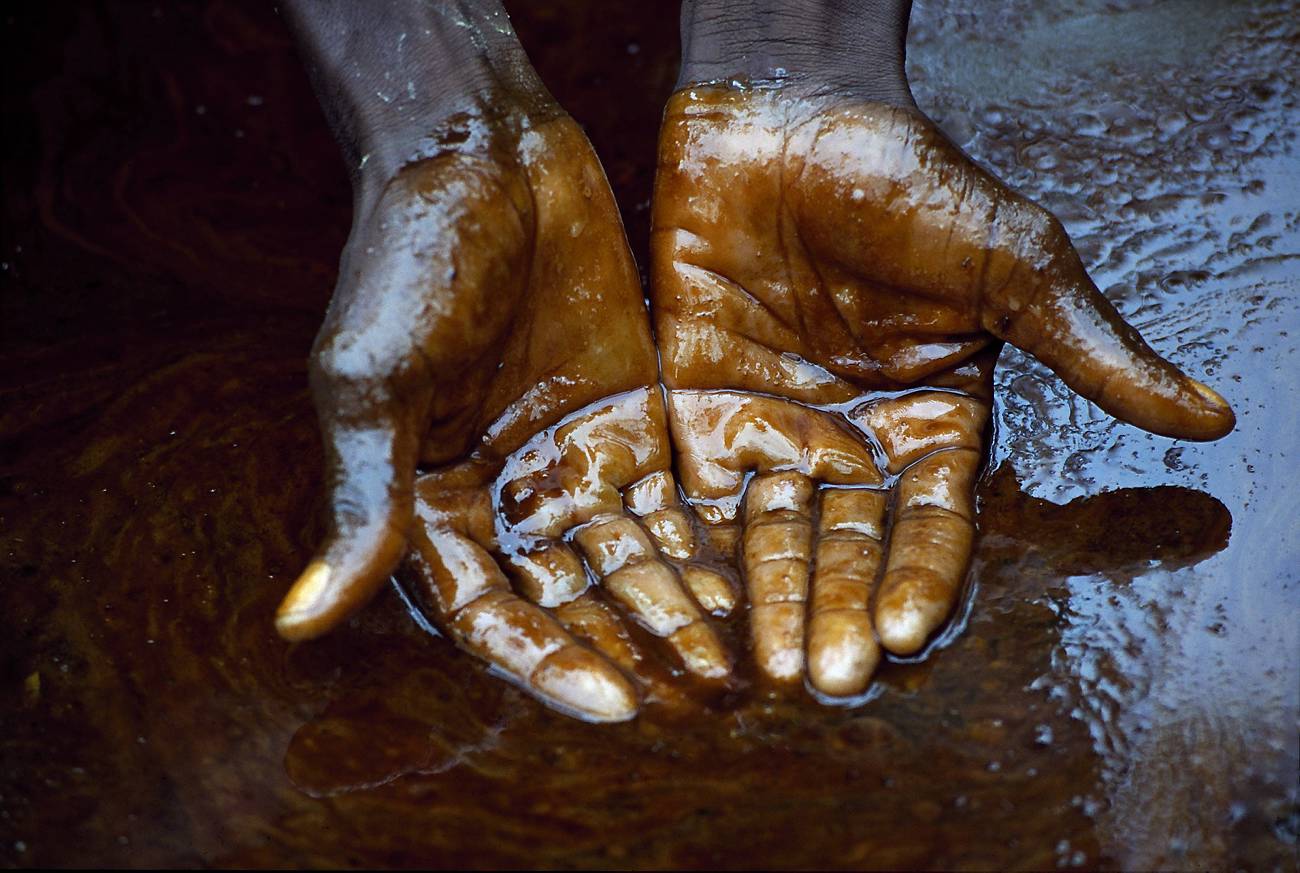The Niger-Delta region has been characterized by much violence since the discovery of black crude in I956 at Olobiri in present day Bayelsa. Over 1,481 oil wells have sprang up, producing from about 159 oil fields.
There are more than 7,000 kilometers of pipelines and flow lines and 275 flow stations operated by more than 13 oil companies (UNDP Report,2006). The environmental impacts of this oil operators are at increase everyday in the region.
The percentage of land used by the multinationals is less than five percent but the adverse effects associated and its operations are innumerable and region-wide. Successive governments in Nigeria have neglected the plight of the oil producing communities, since the onset of oil exploration and exploitation by multinationals. For instance since the early 2000’s the number of lives lost in the region hasn’t been accounted for due to gas flaring, environmental degradation, pollution of flora and fauna, oil spills, oil theft etc.
About ninety-five percent of waste gases from the production fields and operation are flared. Gas flaring pollutes the air and it is a common practice among companies in Nigeria especially in the Niger-Delta region which is hazardous to the ozone layer of the area and leading to climate change (IPCC, 2007).
The flaring of gas has been practiced in the Niger-Delta for over five decades, there is high level of recklessness on the part of the oil companies and the Federal Government of Nigeria. While the people of the region continue to lose lives and property, the income of Nigeria keeps soaring high and higher by the day.
Visit communities in the Niger delta region, you’d be amazed, perplexed and even somewhat traumatized for the inhabitants. There’s lack of infrastructural development, including schools, health centres and even vocational Centres, community members still drink the same water that they defecate in, they also wash clothes and bathe in same water, while those who abuse the Delta live in the best of houses in Abuja and Lagos and other mega cities outside the shores of Nigeria.
The federal government of Nigeria led by Muhammadu Buhari must see beyond his noises and provide a long term solution to this impoverished region that has been the bread winner of Africa’s most populous nation for decades. The PIb bill must become a law.
In southern Ijaw for instance, though reputed to be the highest producer of black crude in the region, there has not been any single project embarked upon by either the federal government or multinationals which operate in the area. While Nigeria may keep on exchanging this black crude with the US dollars, the Niger-Delta region suffers neglect without any recompense or compensation from those who exploit the region.
Like I have always posited the unity of Nigeria rests solely on the black crude owned by this minority region in the southern part of Nigeria. According to UNEP the oil spill done by this multinationals in the region is highly underestimated.
Oil multinationals as the world most powerful corporation dominates the global energy market through the commodification of oil. Before the discovery of black crude in Nigeria the Niger Delta region was characterized by natural clean long stretch of fresh water and a healthy salt water lettuce that adds beauty and flavor to it environment, as I put this down the reverse is the case.
According to Bisina (2006) the oil activities in the area had resulted to situation whereby complete polluted water is bequeathed to children, the various communities shorelines have been washed away or eroded due to high volume of deep sea exploration and exploitation, available record shows that between 1976 and 2001 a total number of six thousand eight hundred and seventeen spill has occurred in the region and it’s still reoccurring.
Steiner noted that oil spills in the Niger delta have become extensively difficult to asses and most times, under reported. Today the Niger-Delta is in turmoil, restive, poor, backward and neglected. Based on the consequences of oil activities in the region, I strongly recommend an integrated approach which is a combination of several development strategies.
This calls for the establishment of community based integrated approach that needs joint committed efforts from the government and multinational companies as well as other stakeholders. This integrated approach should focus on the following issues: building of human and institutional capacity to improve fish production and management; testing and recommending suitable environmental management measures; reduction of water hyacinth infestation; Identification of the causes of water quality deterioration; initiation of community and commercial as well as central forestry programs; improvement of fish quality for exports and domestic consumption; improvement of land use practices and other agricultural activities; youth re-orientation and access to quality education; establishment and access to technical and vocational studies.
Roland writes from the Niger-Delta region. You can engage him on Twitter @Roland_speaks
The opinions expressed in this article are solely those of the author.







